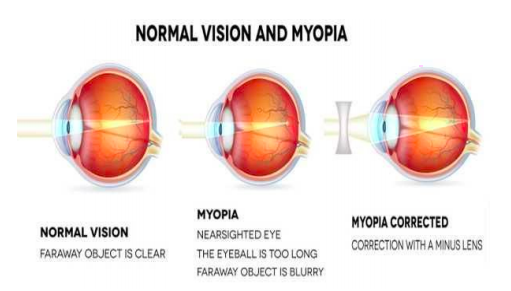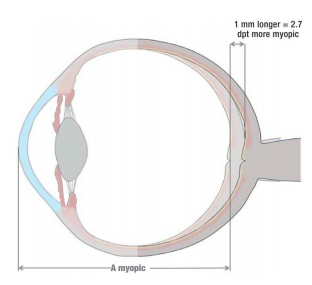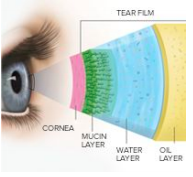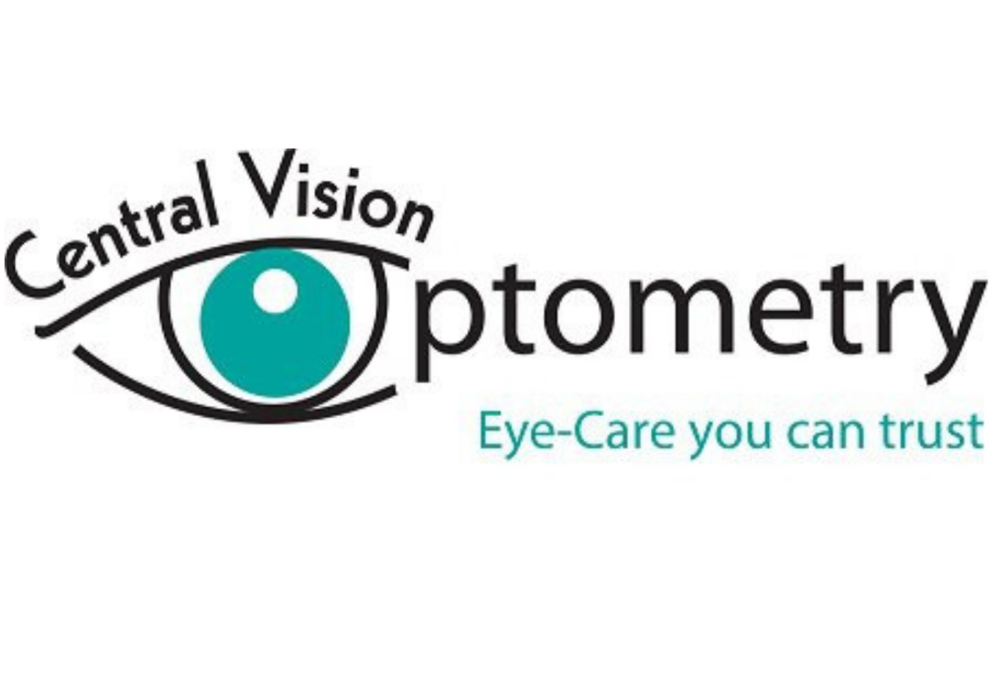How much screen time is too much for our children? (Health)
Tui Homer, Central Vision Optometry
29 September 2020, 8:53 PM

With the school holiday upon us we thought it was a good time to review the effect digital devices have on our children's vision?
What we know so far
According to the UCLA newsroom as children have less face-to-face interaction due to media use, their social skills may be declining. The study showed sixth graders who did not look at a digital screen for five days measured significantly better at reading emotions than those who looked at devices every day.

Computer Vision Syndrome
A group of eye and vision related problems that result from prolonged computer, tablet, smartphone use. Viewing a digital screen is different from reading a printed page.
Symptoms include;
- eye strain
- headaches
- blurred vision
- dry eyes
- neck and shoulder pain.
Myopia - Short or near sightedness.
Almost half the world’s population will be myopic by the year 2050, with nearly 1 billion people in the high myopia category, according to published estimates.
Approximately 80% of what a child learns is through their visual system. Too much screen time is linked to myopia.
What is Myopia?
Pseudomyopia - the locking up of the accommodation muscles leading to distance blur/headaches.
Pathological myopia - when the eyeball is stretched to the point the tissue is at risk of damage;
- retinal detachment
- cataracts
- myopic macular degeneration
- glaucoma.

It’s actually quite difficult to pick up when a child is not seeing at the normal level. In a child’s busy world, what they see is what they deem normal, sometimes they don’t know their world is a blur until we test them. Factors for this can be environmental, genetic or insufficient outdoor time.
Often the progression of myopia can be controlled if the condition is detected early enough. Wearing glasses is not currently curing myopia, it’s just relieving the symptoms. Glasses are not the only option for you or your child. Effective pharmacological and optical measures are now available to lessen the progression of myopia.
What we know so far
According to the UCLA newsroom as children have less face-to-face interaction due to media use, their social skills may be declining.
The study showed sixth graders who did not look at a digital screen for five days measured significantly better at reading emotions than those who looked at devices every day.
What we know so far
According to the UCLA newsroom as children have less face-to-face interaction due to media use, their social skills may be declining.
The study showed sixth graders who did not look at a digital screen for five days measured significantly better at reading emotions than those who looked at devices every day.
Dry Eye
The tear film is the first line of vision and comfort. It is made up of a lipid layer (ie oily film) When using a digital device, our blink rate decreases by 60 percent hence that lipid.

The importance of correct posture
When your child tilts their head forward because they’re bent over a phone or tablet, the angle of the head puts additional strain on the muscles, tendons, and ligaments in the neck. They also tend to round their shoulders forward, which creates additional wear on the back and the upper part of the spine (screentimelabs.com).
Addiction
Cmmdr Dr Andrew Doan head of Addiction research For the Pentagon quotes “The problem is that video game playing (VGP) is estimated to increase brain dopamine levels equivalent to sex ... in young minds that cannot say ‘no’ as VGPs.
Obesity Current evidence suggests that screen media exposure leads to obesity in children and adolescents through increased eating while viewing; exposure to high-calorie, low-nutrient food and beverage marketing that influences children’s preferences, purchase requests, consumption habits; and reduced sleep duration.
Psychological well-being one hour or more of daily screen time was associated with lower psychological well-being, less curiosity, lower self-control, more distractibility, more difficulty making friends, less emotional stability, more difficult to care for and inability to finish tasks (Preventative Medicine Reports).
Gaming disorder- (WHO) classification as a pattern of behaviour characterised by impaired control over gaming resulting in reduced personal, family, social and educational function for at least twelve months.
What about blue light?
Blue wavelength light is beneficial during daylight hours boosting attention, reaction times and mood. Blue light when we are exposed at night through electronic devices throws the body’s biological clock (circadian rhythm) out of whack. While light of any kind can suppress the secretion of melatonin, blue light at night does so more powerfully.
What can we do do to help?
Computer Vision Syndrome Prevention of vision problems involves controlling light and glare, establishing proper working distances and posture and assuring even minor vision problems or properly corrected.
Blue Light - Avoid screens 2-3 hours before bed to avoid SWL blue light. Use dim red lights for night lights. Use glasses that filter blue light or install an app that filters blue light. Get out in the sunshine.
Myopia control - orthoK lenses/atropine therapy if myopia is diagnosed and progressing + very exciting upcoming treatment option. Our Optometrists are all skilled and experienced working with children and young people and will discuss the best options for your child.
Outdoor time - Brian Holden Institute suggests about an extra 1.25 hrs/day compared with control/baseline time spent outdoors reduced the risk of onset of myopia by 50%.
Manage time - No recreational screen time for children under 2 years. For older children, The American Academy of Pediatrics recommends a maximum of two hours a day of screen time. They found in a recent study that US eight-year-olds spend an average of eight hours with some form of media—and many child-development psychologists urge more unstructured play time.
Be involved - Parents interact with children, curfews placed on internet and place limits on text/phone messaging
Please feel free to call our wonderful Customer Care Team on 03 443 0736 to book an appointment today.


